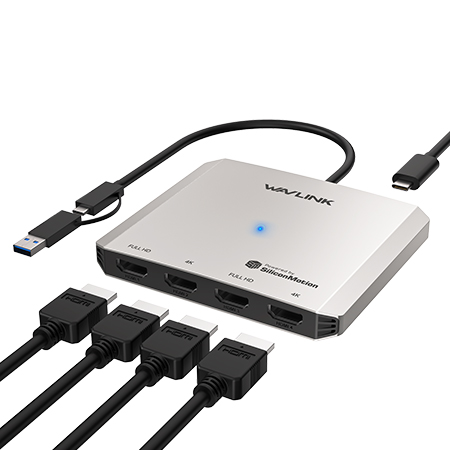We are highly dependent on the internet, yet we know next to nothing about it. When network speeds deteriorate, we are at a loss. Have you ever tried to understand how it works?
In the landscape of modern technology, the term "modem" is pervasive yet often misunderstood. Many of us interact with modems on a daily basis, but do we truly understand their significance and functionality? Let's delve deeper into the world of modems to grasp their essence and importance in our interconnected digital realm.
Unraveling the Mystery: What is a Modem?
According to Wikipedia, a modem (short for modulator-demodulator) is a hardware device that enables computers or other devices to transmit data over telecommunication lines. In essence, a modem acts as a bridge between digital devices and the analog signals used by traditional telephone lines or cable systems for data transmission.

There are various types of modems designed to cater to different communication needs:
Dial-Up Modems: Commonly associated with the nostalgic sound of dial-up internet connections, these modems establish a connection through the telephone line, albeit at slower speeds compared to more modern options.
DSL Modems: Digital Subscriber Line (DSL) modems use telephone lines to provide high-speed internet access, offering faster data transmission rates than dial-up connections.
Cable Modems: Cable modems leverage cable television lines to deliver broadband internet access, enabling faster and more reliable connectivity for users.
Fiber Optic Modems: Utilizing fiber optic cables, these modems offer the highest speeds and bandwidth capabilities, making them ideal for demanding applications like online gaming and 4K video streaming.
In today's interconnected world, modems play a crucial role in facilitating communication and data exchange across vast distances. Whether for accessing the internet, making voice calls over VoIP services, or connecting IoT devices, modems act as the gateway that bridges the gap between digital devices and the larger network infrastructure.
In conclusion, modems serve as the linchpin of modern communication, allowing us to transcend geographical barriers and stay connected in an increasingly digital-centric world. As technology continues to advance, modems will remain a vital component in enabling seamless data transmission and fostering greater connectivity among individuals, businesses, and communities worldwide.
By understanding the fundamental role of modems and their evolution over time, we gain a deeper appreciation for these unsung heroes of the digital age. So the next time you hear the familiar whirring and beeping sounds of a modem establishing a connection, remember the remarkable journey of data transmission it represents, shaping our interconnected present and future.
Get the Scoop First
Subscribe to our official website to receive exclusive first-hand news and stay up-to-date on our new product releases and promotions!



